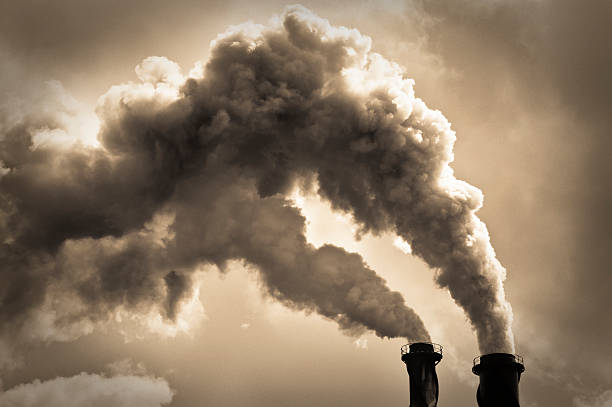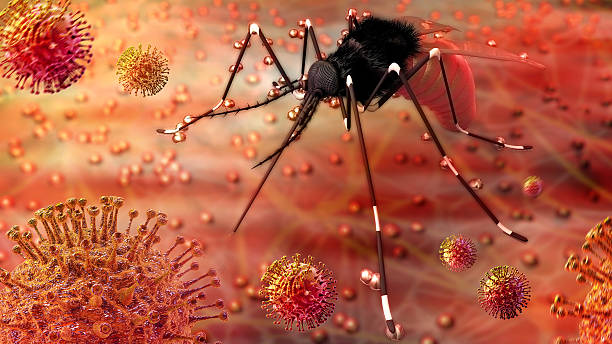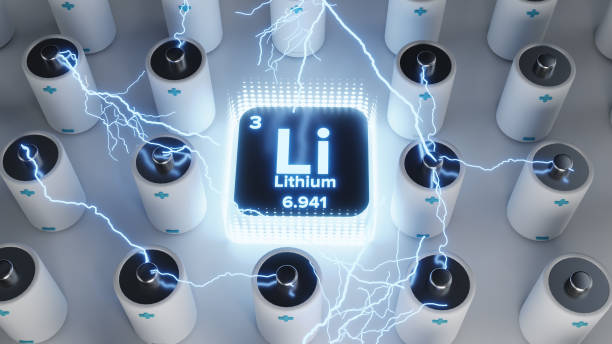What are Causes of Air Pollution?
Causes of Air Pollution Air pollution is caused by a complex combination of human-made and natural sources. Addressing these causes requires comprehensive strategies that target emissions from industries, transportation, agriculture, and other sources while promoting cleaner technologies and sustainable practices 1. Industrial Emissions – Factories and power plants emitting pollutants from burning fossil fuels and … Read more









